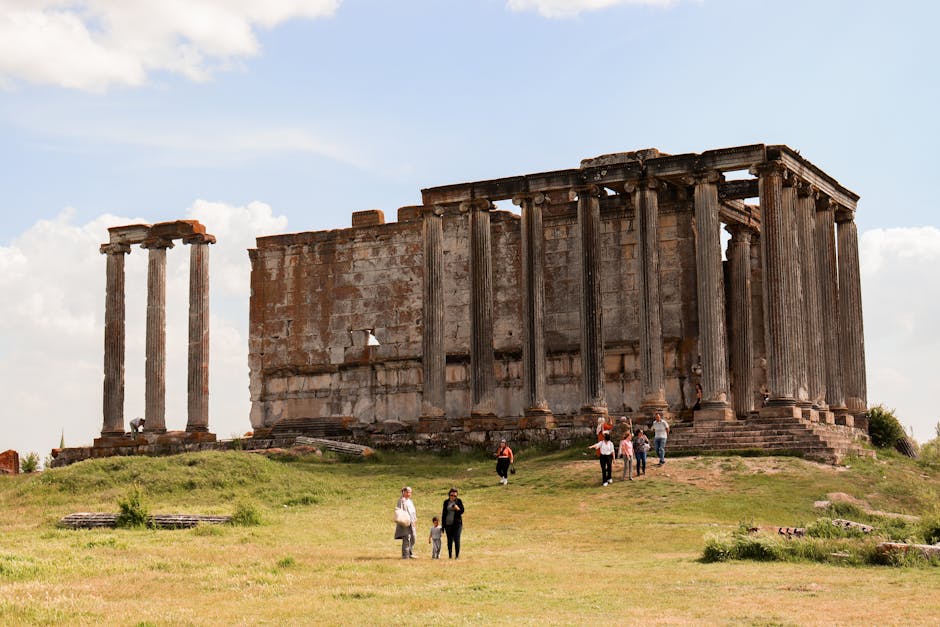Human behavior, a complex tapestry woven from individual actions and societal structures, has always intrigued scholars. Can patterns discerned from the past reliably predict future trajectories? Examining historical data through the lenses of history and archaeology offers a unique opportunity to assess the predictability of human conduct. While strict predictability seems elusive, discernible trends, recurring motivations, and contextual influences reveal a nuanced picture, highlighting both the limits and potential for anticipating future actions.
A critical examination of historical events reveals a spectrum of predictability. Ancient agrarian societies, for example, often exhibited cyclical patterns of agricultural success and failure, leading to predictable responses like migration or conflict. The periodic famines and subsequent social unrest in societies reliant on harvests demonstrably follow discernible trends. However, these cycles were rarely uniform, as environmental factors, such as prolonged droughts or unanticipated pest infestations, could disrupt patterns and lead to unpredictable outcomes. Similarly, the rise and fall of empires, while sometimes displaying recurring motifs of expansion, overreach, and collapse, were rarely simple, predictable trajectories. External factors like invasions by previously unknown enemies, or plagues decimating populations could derail seemingly inevitable processes.
Analyzing the motivations behind human action is pivotal in understanding the limits of prediction. While hunger, ambition, and fear frequently drive historical events, the specific expressions of these motivations often vary greatly based on cultural context and individual circumstance. A famine in one agricultural society might trigger rebellion, while in another, it might inspire innovative solutions for resource management or migration. Similarly, the pursuit of power in ancient empires manifested in different forms, from benevolent rule to ruthless conquest, and understanding these choices requires a deep understanding of societal values and political structures.
Archaeological discoveries frequently illuminate these nuanced motivations. The study of settlement patterns, for instance, can reveal responses to environmental pressures, resource availability, and social interactions. By tracing the evolution of architecture, material culture, and burial practices across vast timescales, researchers can uncover patterns and identify factors influencing decision-making processes. For example, the adoption of bronze metallurgy across various cultures showcases a response to technological advancements and associated prestige, but the specific timing and manner of adoption varied considerably depending on regional circumstances. These subtle deviations highlight the complexity of human behavior and the limitations of straightforward predictions.
Furthermore, the concept of agency must be incorporated into any analysis of historical behavior. Individual actions, driven by personal ambitions, ideologies, and contingencies, often shape significant historical events. The rise of a charismatic leader, a sudden shift in religious beliefs, or a series of individual acts of defiance can profoundly alter established patterns. While collective trends might be evident, the unpredictable nature of human decisions at various levels continuously complicates the prospect of prediction.
The development of formal systems, such as law and governance, has played a significant role in shaping and potentially controlling human behavior. Legal codes and institutional structures have aimed to create predictability in societal interactions, yet their effectiveness has varied significantly. Successful systems, like those of the Roman Empire, often provided a framework for resolving disputes, promoting commerce, and maintaining order. However, their effectiveness was frequently limited by internal conflicts, corruption, and the ever-present possibility of rebellion or external threats.
Moreover, the sheer volume of interacting factors complicates predictability. Environmental shifts, economic fluctuations, technological innovations, and social upheavals all interrelate in complex ways. Attempting to isolate a single cause or predictor for historical events overlooks the intricacy of human experience. Therefore, instead of seeking exact predictions, the field of historical studies should rather focus on understanding the driving forces and the interplay of numerous factors that contribute to specific outcomes.
In conclusion, while discernible trends and recurring patterns in human behavior throughout history provide valuable insights, predicting specific future actions with unwavering accuracy remains a largely elusive goal. The complexity of motivations, the role of individual agency, the unpredictable nature of environmental circumstances, and the interconnectedness of various factors contribute to the inherent unpredictability of human behavior. Instead of seeking a deterministic model, historical and archaeological research should aim for a deeper understanding of the nuanced motivations, contextual factors, and contingent events that shape historical narratives. The study of past human actions furnishes important lessons about the limitations of predictability, but also highlights the enduring human capacity to adapt, innovate, and ultimately, create unpredictable trajectories in the face of challenges and opportunities.
